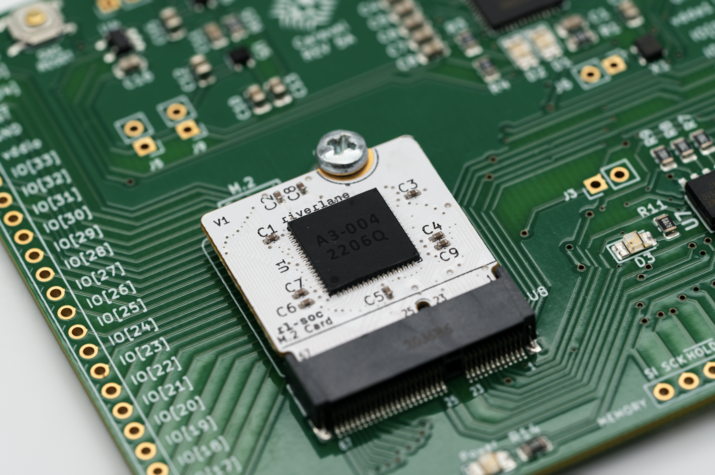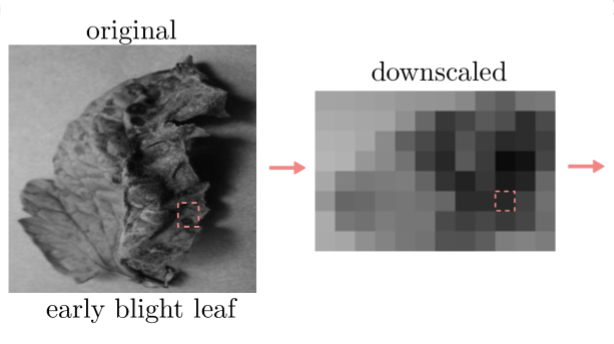Insider Brief
- Riverlane was awarded a £2.1 million European Innovation Council (EIC) Transition grant.
- The grant was funded by the Horizon Europe guarantee and backed by the Department for Science, Innovation & Technology.
- Funds will help the development of a quantum error decoder capable of supporting the real-time decoding of quantum operations – a crucial step to achieving quantum advantage.
PRESS RELEASE — Riverlane, the global leader in quantum error correction technology, is proud to announce the award of a £2.1m European Innovation Council (EIC) Transition grant funded by the Horizon Europe guarantee and backed by the Department for Science, Innovation & Technology (DSIT). Stemming from Riverlane’s foundational research in quantum error correction, this grant will propel the development of a quantum error decoder capable of supporting the real-time decoding of quantum operations – a crucial step to achieving quantum advantage.
After a competitive selection process, Riverlane was one of the 27 winners to receive the EIC Transition funding and the only UK company selected in this set of projects. This award elevates Riverlane’s total funding to £55m, encompassing previous investments from leading venture capital firms and government-backed grants.
Building on Riverlane’s patented decoding technology, the prototype will extend the core functionalities to support streaming and adaptative decoding during a logical quantum operation. The prototype will be implemented on an FPGA and integrated into a quantum control system provided by the Dutch quantum computing scale-up ‘Qblox’. The integration ensures that the decoder prototype is compatible with existing solutions that may be present in different layers of a quantum computing system.
“The field of quantum error correction has gone from theory to practice with several landmark experiments in recent years demonstrating effective quantum error correction offline in software. But for quantum computers to scale to the millions and ultimately trillions of reliable operations to solve problems beyond the capability of supercomputers, we need decoders that can detect and correct errors in real-time, meaning millions of times per second. As leading experts in quantum error correction, we are at the forefront of this and the support from Horizon Europe will help accelerate our plans to sooner get this technology into the hands of the quantum hardware companies that need it”, said Steve Brierley, CEO & Founder of Riverlane.

“We are proud to work with Riverlane on this project. They have made key breakthroughs with their state-of-the-art decoders showing that quantum error correction can be implemented in practice at large scale. This work natively aligns with Qblox’ expertise and track record in controlling the largest quantum processors in the world. We look forward to combining our strengths and make further strides towards large-scale quantum computers with practical applications” said Niels Bultink, Founder & CEO of QBlox.
The real-time decoding challenge and Riverlane’s solution
Quantum computers generate an immense volume of data, necessitating real-time processing to correct the inherent errors these machines encounter. Previous decoding approaches cannot keep up with this volume of data, creating a backlog problem that slows down and eventually stops the computation. This flood of data must be processed in real-time by sophisticated decoders, whose task is to identify the underlying errors and issue corrective measures.
To address this challenge, Riverlane has built ‘Deltaflow.Decode’, a core layer to our comprehensive ‘Quantum Error Correction Stack’. Deltaflow.Decode originated from the QuantERA ‘Quantum Code Design and Architecture’ project in 2018 – the first pan-European interdisciplinary project on codes and protocols for quantum error correction coordinated by Riverlane’s VP of Quantum Science, Dr. Earl Campbell. While Deltaflow.Decode already has the correct foundations for real-time decoding, through this EIC-funded project, Riverlane’s intends to complete the build of more sophisticated functionality capable of continuously decoding the errors that today’s quantum computers produce.
Achieving this milestone requires pushing the boundaries of quantum science and chip-making, which is why Riverlane has brought together a world-class team of quantum researchers, hardware engineers and chip designers with experience leading large-scale projects at companies like Microsoft, ARM, and Amazon Braket. Their work so far has led to the launch of the world’s most powerful quantum decoder and the development of over 50 active patents including 18 related to quantum error correction, making Riverlane uniquely positioned to deliver on this project.
To learn more about Deltaflow.Decode and our QEC Stack, watch our video here.


















